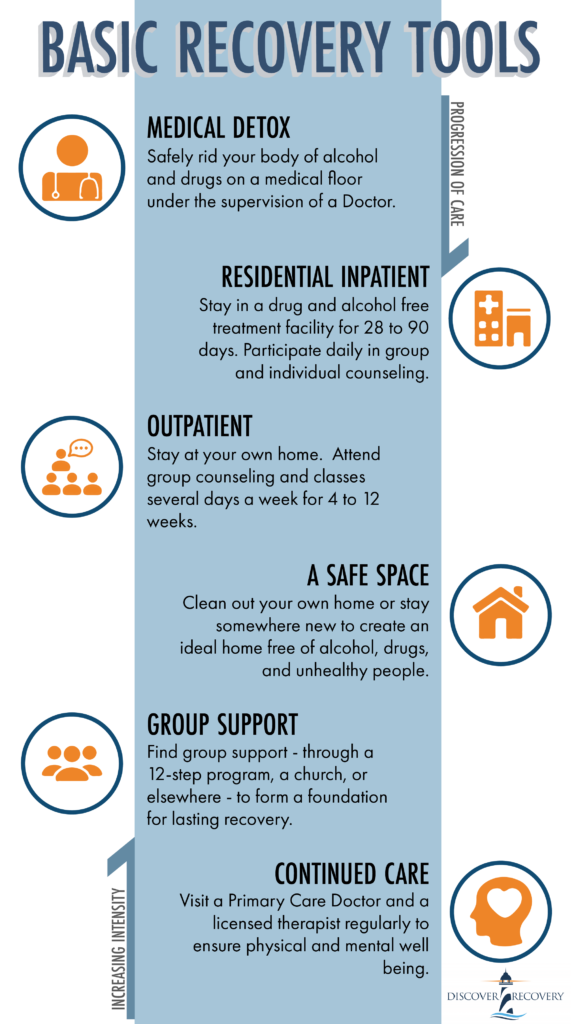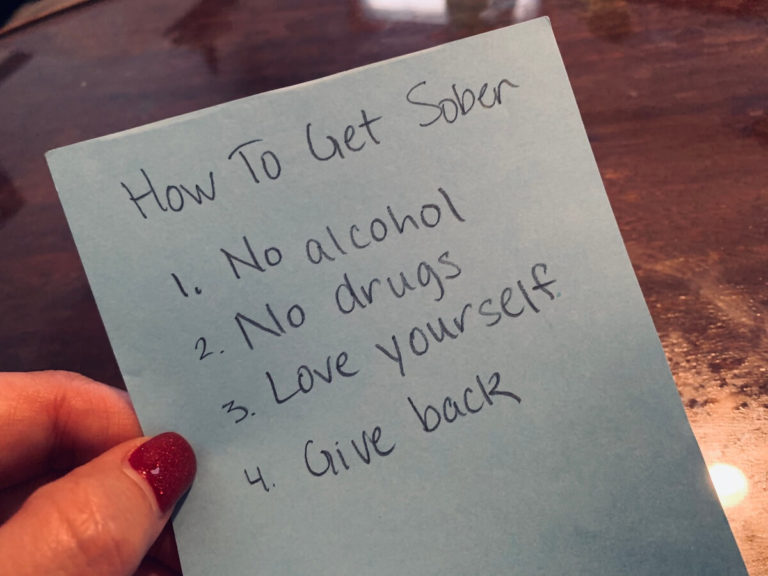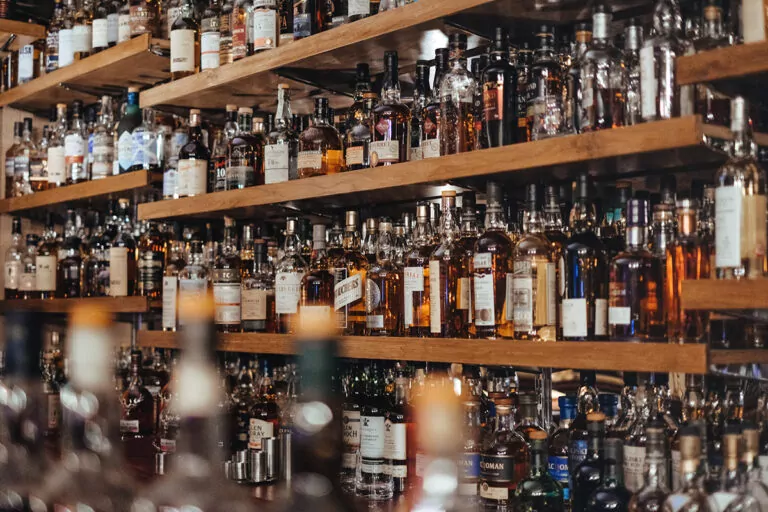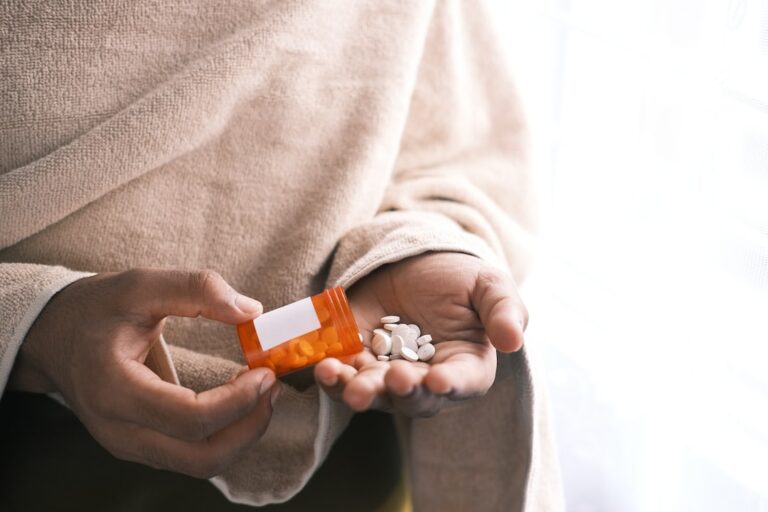How do you treat drug and alcohol addiction?
When it comes to addiction, there isn’t a “one size fits all” method of treatment. Each person who seeks help for substance abuse has their own history, their own story, and their own challenges. So why does it feel like addiction professionals keep suggesting the same few things over and over? It’s true that there are a few basic tools of recovery that treatment centers suggest to pretty much everyone. But don’t take that to mean it’s a lazy or impersonal recommendation.
I like to think of these main elements like I think of clothes. What makes up a whole outfit? Underwear, a shirt, pants, and shoes are the key things we need to have a passable outfit. You might add socks, a jacket, and accessories for a more complete look. But ask 10 people to make an outfit with these pieces, and you’ll get 10 very different outfits. That’s how I think of the basic elements of recovery. There’s a few key pieces that you need to make a complete recovery program. But there’s still a lot of room for personalization.
What are some basic elements of recovery?
There are around six basic things that I think someone needs for a complete recovery program. Certainly people can add more, but these six things can get someone well on their way to lasting recovery and a fulfilling life.

Starting at the top and working down, I’ve listed the elements in a general chronological order. We usually implement the tools at the top and move gradually to the ones at the bottom. At the same time, we have to come to a certain understanding of the seriousness of our addiction before we’re willing to do all these steps. With that in mind, there’s a tendency for people to start treating their addictions with the tools at the bottom and work up as they find they need more intensive care.
Medical Detox
Certain drugs are dangerous to quit suddenly. Medical staff can help chronic users wean down and manage the side effects that come up. This treatment is most common for people who use alcohol, benzodiazepines, and opiates (pain killers or heroin). This done inpatient, or where the patient stays overnight to get treatment 24 hours a day. The detox process can take anywhere from a days to a couple weeks depending on which substance(s) the person used and the intensity of their use. (Read about Discover Recovery’s detox program here.)
Residential Inpatient Care
“Residential treatment” and “inpatient treatment” are actually different, but only in small ways that don’t matter to most patients. Generally we group them together to keep things simple. These are programs where patients stay overnight at the treatment location. It may or may not be on a locked ward. Quite often, someone goes directly from detox to residential. It may be at the same facility or a partner facility.
Residential is what most people think of when they think of traditional 28 day rehab. The patients are busy most of the day with groups and therapy and don’t have the freedom to leave the campus or go to work or school. (You can learn more about Discover Recovery’s residential treatment program here.)
Outpatient Care
Outpatient care is a type of care where the patient lives at home but goes to treatment occasionally. Sometimes people in recovery choose to live somewhere besides their own home. They may stay at housing provided by the treatment center or at a separate sober living home. These arrangements can make outpatient feel similar to residential treatment, given that someone is still away from home. But during outpatient, people have more freedom than during residential. Quite often they’re encouraged to get jobs, spend time with family, and attend outside support groups.
“Outpatient” covers a broad range of treatment schedules. The most common are:
Do you have a loved one struggling with addiction?
We know how hard that can be. Give us a call to find out what options you have.
- PHP – Partial Hospitalization Program – 6+ hours for 3 or more days per week
- IOP – Intensive Outpatient Program – 3-4 hours for 2 to 5 days a week
- OP – Outpatient Program – 1 to 4 hours once a week. Sometimes this is called “aftercare.”
A Safe Space
This may be one of the most obvious basic elements of recovery, yet it’s one of the hardest to create. I suppose that as humans we’re resistant to change. Nor do we want to tell the others around us to change. But it’s so important that we make sure our “home” space is a place we can relax and feel safe.
It takes time to form new habits. At first, our natural instinct is to reach for our drug or alcohol when we feel stressed, sad, angry, or even happy. We have to protect ourselves from this instinct until our recovery becomes more solidified. Whether you make changes around your current home or relocate, your “home” needs to help your recovery, not challenge it. This is one reason some people choose sober living homes or stay somewhere new. Remember, this isn’t about criticizing or blaming your housemates. This is just about loving yourself and giving yourself a chance at recovery.
Group Support
The most common recovery support groups are Alcoholics Anonymous and Narcotics Anonymous. A lot of treatment centers strongly promote these programs. (Including Discover Recovery.) But there are other groups that are becoming more popular, especially in larger urban areas. There’s also the option to attend formal group therapy with a licensed therapist. Some counseling centers offer ongoing weekly groups like this.
Group support is valuable for many reasons. One reason is that it allows you to meet new people with similar goals. Another reason is that it allows you to grow by helping others in their recovery. Twelve step meetings are one group format that offer these benefits. But there are also other options for people that aren’t interested in 12 step meetings. What’s most important isn’t the group’s name. The key goal is to find support, connect with others, and give back to the group.
Continued Care
Finally, the last basic recovery tool is something a lot of people do anyway. That’s to regularly see a Doctor and a Therapist. Physical and mental stress or illness can take a toll on a recovery plan. Regular visits with a Primary Care Doctor and a licensed Therapist will help you stay aware of your physical and mental wellness. It will also allow you to take preventative action at the first sign of trouble. Recovery only works if we continue to care for ourselves and live differently than we did in the past.
Using the Basic Tools of Recovery
If you check into a residential drug and alcohol treatment facility like Discover Recovery, we’ll make sure you incorporate these tools into your life. Starting with detox, we’ll then transition you to residential treatment. While there, we’ll take you to group support meetings. You’ll also have a treatment team that will help you develop an aftercare plan. This will include plans for housing and outpatient care.
While you attend outpatient, you’ll focus on the next phase of your recovery. Most outpatient programs will help you find a doctor and therapist, as well as get a schedule of meetings in your area. Continuing to see the Doctor, the Therapist, and attend meetings will help you in your long term recovery.
Using these six tools will maximize the odds of your success in recovery. We know this because people across the country have been doing and studying this for many years. Each person in recovery is different, so these tools will have to be customized. But these are the tools that continue to work for people of all different backgrounds and personalities. These tools are the basic building blocks of a complete and long term recovery plan.




